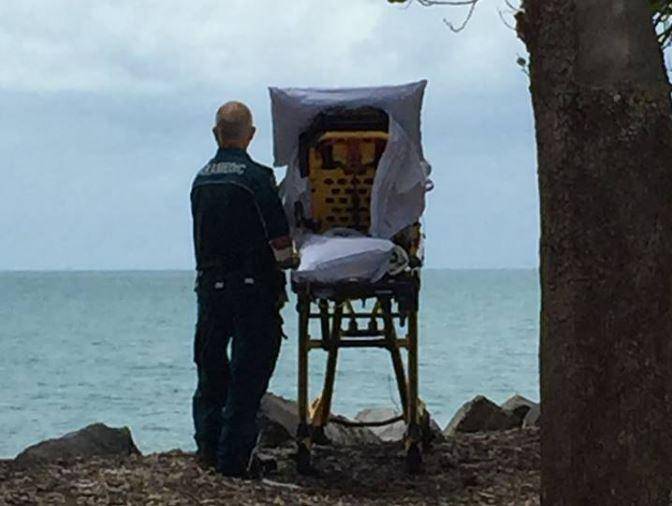
Although the following is a work of fiction, Patricia Bath (author) states, “[T]he situation explored may be all too common.” Without further adieu, let the story begin.
Beep. Beep. Beep. There’s a slow, rhythmic sound next to my head. I’ve never heard a sound like it before. I hear a whoosh on the other side of me, and at the same time I feel pressure in my chest, like a balloon that on the verge of popping.
It only lasts a few seconds and the pressure is gone. My chest returns to normal and I immediately feel better. Something squeezes my left arm tight—so tight that I want to yell. But I can’t make any words come out.
Then, just as quick as the pressure in my chest came and left, so does the pinch around my arm. I don’t know where I am, but I feel like I’m being tortured.
“I know that it’s cold in here, but I’ll use this warm blanket to keep you warm,” says the strange voice, belonging to a person I can’t see.
Who are you, I try to ask. But just as the darkness around me persists, so does my inability to speak. I have no idea where I am, and I’m scared.
The voice comes back, “Ok, it’s time to roll on your side.” I feel someone tug on my left side and roll me onto my right. A new beeping starts: this one sounds angry, like something’s wrong. I want to ask but I can’t make the words come out. I feel what I think is water and a washcloth on my backside and I’m overcome with embarrassment.
Why is this stranger washing me? I feel the sensation of rubber being dragged across my left side as I hear a different voice say, “Hey, I’m dropping her here. Are you almost done?” There’s a little push on my back and the rubber stops tearing at my left side.
click here to continue reading.




